Corcium, Calcium
- Introduction
- Overview of Corcium
- Composition of Corcium
- How Corcium Works
- Uses of Corcium
- Dosage and Administration
- Side Effects of Corcium
- Interactions with Other Medications
- Warnings and Contraindications
- Administration in Special Populations
- Important Precautions
- Handling Precautions
- Storage Information
- Overdosage of Corcium
- Careful Administration
Introduction
Calcium is a mineral that's crucial for the proper functioning of the human body and plays a key role in physiological processes by providing strength to the skeletal structure. The premium calcium supplement called Corcium meets the increasing demand for maintaining calcium levels in today's lifestyles with its balanced formula. Corcium offers a solution for calcium supplementation and not only benefits bone health but also promotes the overall well-being of the nervous system, muscles, and heart. Its significance is profound for those who may be at risk of lacking calcium, in their bodies.
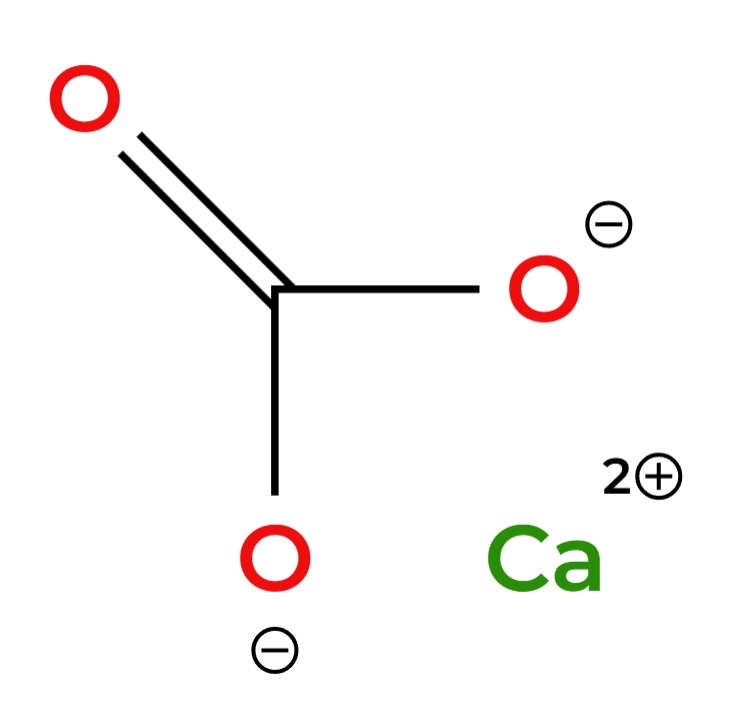
Overview of Corcium
Importance of Calcium in the Human Body
Calcium plays a role, in sustaining life by supporting biological activities such, as;
- Ensuring bone structure through mineralization is important, for skeletal development.
- The tightening and loosening of muscles are essential, for both movement and the proper functioning of organs.
- Neurons communicate signals to support functions and reflex actions, in the body.
- The control of heart rhythms. Regulation of blood clotting process.
Insufficient consumption of calcium may result in bones impeded nerve performance and instability, in health.
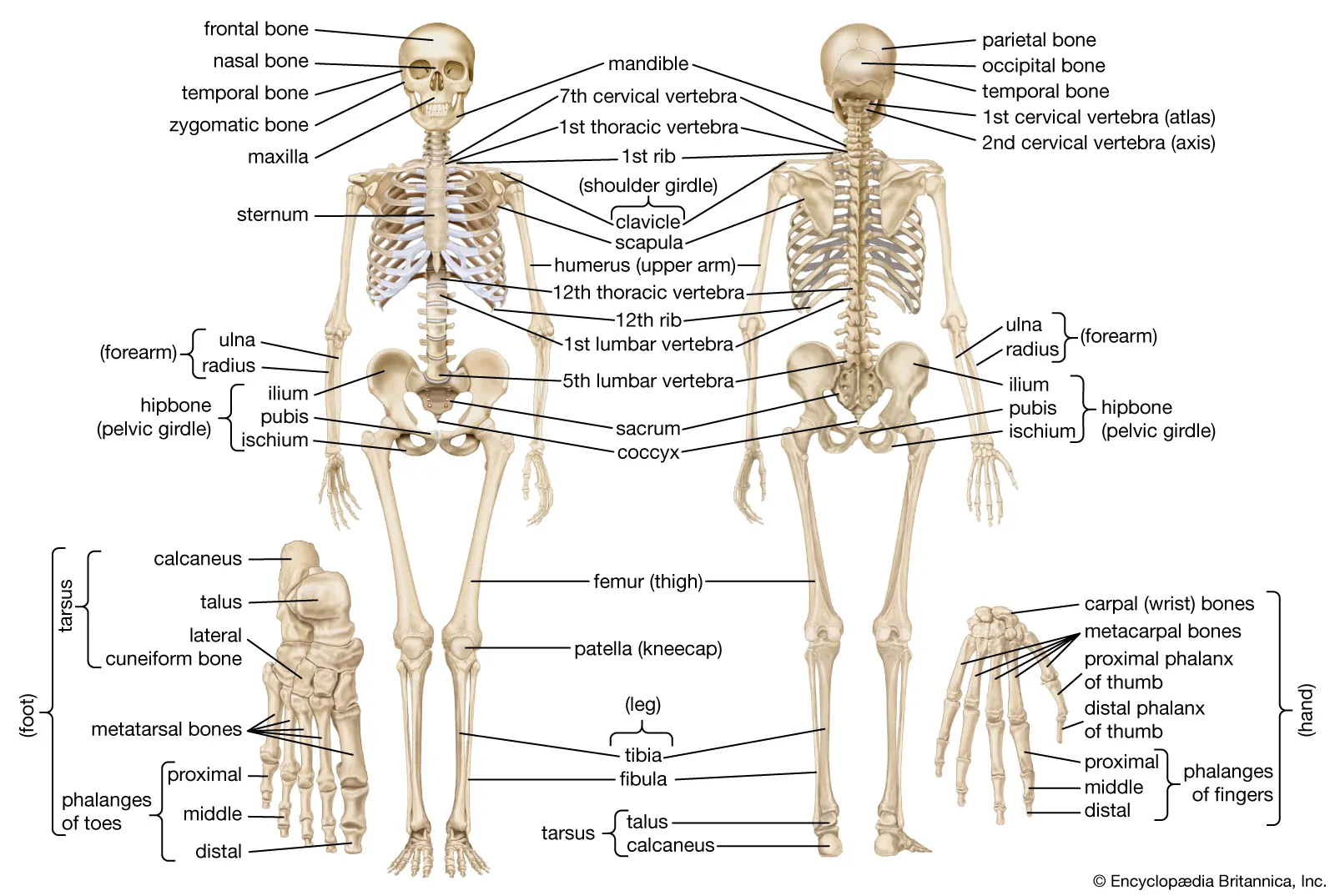
Corcium as a Calcium Supplement: Key Features
Corcium was created to effectively tackle deficiencies, in calcium levels with its features including; Using a combination of nutrients to enhance effectiveness. Dosage options that cater to individuals of all age ranges in a manner that's easy to comprehend and utilize.
Composition of Corcium
Active Ingredients in Corcium
Corcium includes calcium, in its usable forms. Mainly calcium gluconate and calcium chloride. Tailored for quick absorption and reduced stomach discomfort to improve how well it gets absorbed by the body.
Additional Nutrients or Additives
Corcium contains an abundance of nutrients.
- Magnesium helps the body absorb calcium and maintains a balance to prevent calcification risks.
- Taking Vitamin D helps the body absorb calcium better moving it from the intestines into the bloodstream effectively.
- Zinc and copper two trace minerals play a role, in supporting enzymatic functions and bone metabolism in the body.
Available Dosage Forms and Strengths
Corcium can be found at the following locations.
- Tablets provide standard doses for usage.
- Powder packets are ideal, for individuals who have trouble swallowing.
- Chewable tablets come in flavors appealing to both kids and older individuals alike.
Calcium and Magnesium
Ensuring the balance, between calcium and magnesium is essential for keeping the cells in harmony with each other. Magnesium helps prevent muscle spasms caused by calcium and promotes relaxation of muscles as a counterbalance, to calcium's stimulating impacts.
Calcium Gluconate vs Calcium Chloride
Both of them are calcium salts. They have different uses.
- Calcium gluconate is often recommended for use because it is known for being easier, on the stomach compared to options.
- Calcium chloride is employed in situations that demand a replenishment of calcium levels like severe hypocalcemia cases.
How Corcium Works
Mechanism of Action: Calcium Absorption and Utilization
Corcium enhances the absorption of calcium by harnessin' the combined benefits of its ingredients. Vitamin D helps move calcium through the gut lining and magnesium stops it from clumpin' in the blood so it can spread throughout the body effectively.
Role in Bone Density and Strength Maintenance
By supplying minerals to the bodys system Corcium fights against osteopenia and osteoporosis with a track record of long term usage showing outcomes;
- Enhanced bone density.
- Decreased occurrences of bone breaks, among the demographic.
- Improved bone remodeling and restoration process.
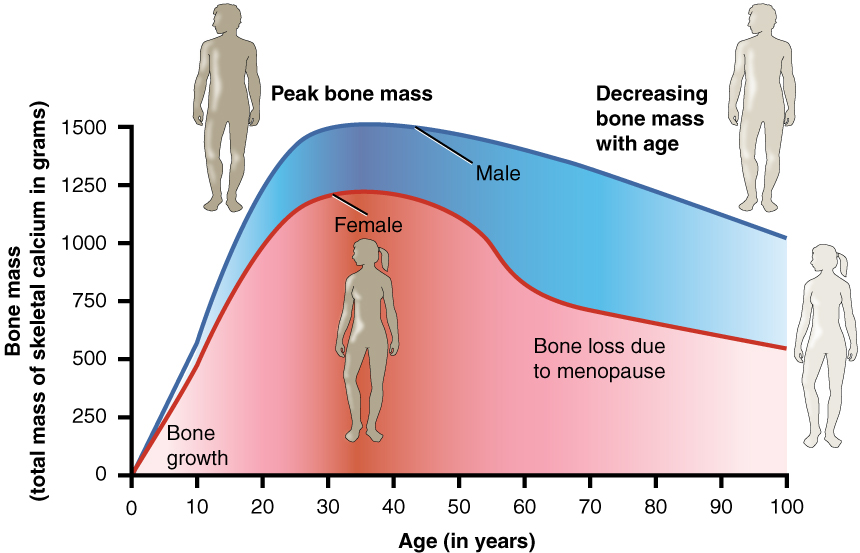
Impact on Neuromuscular and Cardiovascular Function
Corcium helps maintain the health of muscles and nerves by assisting with communication, between nerve cells and muscle contractions. In terms of heart health it controls how fast the heart beats. Keeps blood pressure stable by adjusting the tone of muscles in blood vessels. Corciums ranging strategy for providing calcium not only strengthens bones but also promotes overall well being establishing it as a key element, in preventive healthcare.
Uses of Corcium
Treatment of Calcium Deficiency
A lack of calcium, in the body can lead to symptoms like muscle cramps and weak nails while also affecting growth negatively. Corcium effectively tackles these problems by restoring the body's calcium levels with its formula that is easily absorbed and utilized by the body. A solution, for long-term deficiencies.


Prevention of Osteoporosis
As people age and their bones weaken over time Corcium is seen as a way to help prevent osteoporosis which is becoming more prevalent, in populations.
- Improving bone mineral density (BMD).
- Minimizing the chances of bone fractures is especially vital, for women, after menopause.
- Assisting in the renewal and restoration of bones.
Regular usage helps strengthen the bones and reduce the effects of bone weakening over time.
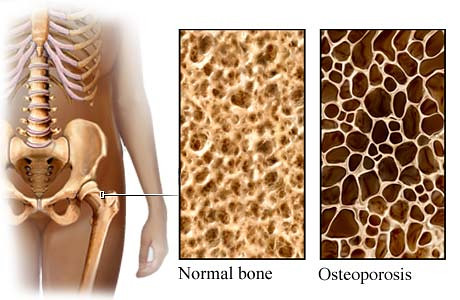
Management of Hypocalcemia in Chronic Conditions
Low levels of calcium, in your body can be an issue for those dealing with long-term kidney problems or hypoparathyroidism. It's essential to manage it effectively. Calcium is a calcium supplement that helps maintain calcium levels to address these conditions. By keeping calcium levels steady with Corciums help it can ease symptoms such as muscle spasms, tingling sensations, in extremities and irregular heartbeats.
Supportive Therapy for Bone and Joint Health
Corcium plays a role, in easing stiffness and addressing degenerative arthritis and other musculoskeletal issues by providing necessary calcium along with beneficial nutrients, like magnesium and vitamin D₃.
- Enhances flexibility, in the joints.
- Helps decrease swelling in the tissues that connect parts of the body together.
- Encourages the healing and growth of cartilage tissue.
Taking supplements regularly can improve how your joints work and make your life better overall.
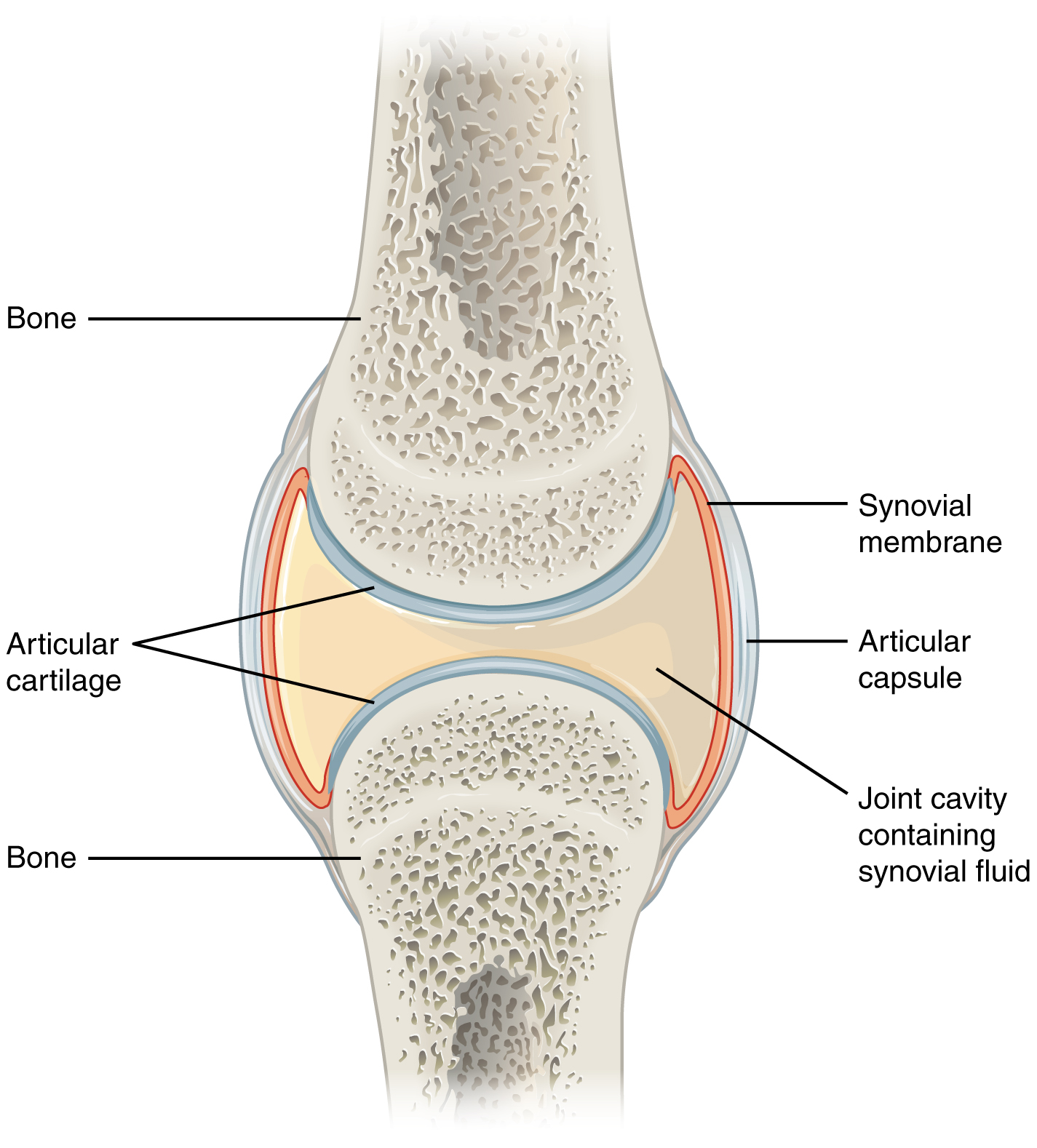
Role in Pregnancy and Lactation
During pregnancy and breastfeeding periods; the need, for calcium increases to aid in the health of both the mother and the baby's development.
- Corcium helps maintain calcium levels during these times to support fetal growth and maternal well-being.
- Fetal skeletal growth should occur properly during development. Ensuring the strength of a mother's bones.
- Minimizing the chances of developing preeclampsia and high blood pressure during pregnancy.
It is an option, for pregnant and breastfeeding women due, to its composition.
Off-Label Uses of Corcium
In addition, to its uses Corcium has displayed potential in unofficial applications, supported by its involvement, in maintaining calcium balance and overall well-being.
Calcium for Hyperkalemia
Corcium is important, for controlling potassium levels as it helps stabilize the heart's membranes and can swiftly mitigate the risks of heartbeats and other cardiac issues.



Calcium for Kids
Children, in their growth stages, need calcium to promote bone and teeth development. Corcium provides child formulas to help ensure that young individuals get the amount of calcium to maintain strong bones and oral health;
- During growth spurts bones.
- Grow Healthy and durable teeth withstanding challenges and adversity.
- Increased muscle power.
The enjoyable tastes make it simple to stick to it. For those who are choosier, with their food choices.
Dosage and Administration
Recommended Daily Dosage for Adults
The typical amount of Corcium recommended for grown-ups can differ based on their calcium requirements and the health situation they have at the time as well, as 1000 to 1200 mg of actual calcium per day is generally considered adequate to uphold normal calcium levels in the body system For people with greater needs, like those recuperating from injuries or coping with bone depletion the quantity might be altered with proper medical oversight.
Normal Calcium Level
It is important to keep your blood calcium levels between 8 and 10 point 10 milligrams, per deciliter to maintain a balance in your body chemistry. Taking calcium supplements can help you reach this balance and avoid the effects of having little or too much calcium, in your system. By checking your levels you can ensure that your treatment is working as it should for the results.
Adjustments for Pregnant and Lactating Women
Throughout pregnancy and breastfeeding periods the need, for calcium rises notably to aid in the growth of the baby and the health of the mother. Doctors often suggest an intake of 1200 to 1500 mg. Corcium provides an option to fulfill these increased needs protecting against issues, like reduced maternal bone density. Slowed fetal development.

Pediatric Dosage Guidelines
When it comes to kids' nutrition needs concerning calcium intake should match their growth stages as they progress through ages. Toddlers and preschoolers typically take a dosage ranging from 500 to 800 milligrams. School aged children and adolescents typically require an intake of 1000, to 1300 milligrams of the medication or supplement recommended for their age group. Corcium products designed for kids are convenient to include in schedules and help support bone growth and dental wellness.
Dosage Adjustments for Elderly Patients
The older generation may encounter difficulties, in absorbing calcium as their digestive system becomes less efficient and their ability to produce vitamin D decreases over time. An increased intake of around 1200 to 1500 mg per day is commonly suggested for them. Corciums absorbed forms guarantee absorption even for the elderly individuals, with advanced age.
Administration Instructions: With or Without Food
You can choose to take Corcium with or, without food based on how you tolerate it to ensure absorption. It is recommended to take calcium carbonate-based products while eating food for absorption. Calcium citrate supplements work well whether taken with or, without food. Taking the medication at times during the day can boost how much of it your body absorbs and reduce any stomach issues you might experience.
Side Effects of Corcium
Overview of Common Side Effects
Many people generally respond well to Corcium without any issues to report; however there may be some side effects to look out for like;
- Feeling constipated. Experiencing tummy troubles.
- Digestive changes can sometimes lead to gas and feeling bloated.
- Feeling queasy if you haven't eaten before taking it.
Usually, these symptoms are temporary. Can be controlled by following the instructions, for use.

Rare but Serious Side Effects
In some instances of occurrence and prolonged or excessive utilization of Corcium could potentially result in; Experiencing hypercalcemia can lead to symptoms such, as muscle weakness and fatigue as irregularities, in heart rhythms. Soft tissue may develop calcium deposits that could affect the function of organs. Seek help away if you experience these symptoms.
Allergic Reactions and Hypersensitivity
While it is not very common a few people might develop reactions, to Corcium. Signs of this could include;
- Skin irritations, like rashes or hives can be troublesome, for people.
- The face or tongue may become swollen in some cases.
- Experiencing trouble, with breathing or making a wheezing sound.
It's crucial to stop using it and seek advice promptly in these situations.
Calcium Carbonate Crystals in Urine
Consumption of calcium can lead to the development of calcium carbonate crystals, in the urine which raises the likelihood of kidney stones forming in your body system. Remember to stay well hydrated and follow the prescribed doses to minimize this risk. It's important to undergo kidney function assessments to keep track of and avoid any issues related to this.
Gastrointestinal Issues: Bloating, Gas, and Constipation
Digestive issues are commonly mentioned as side effects of taking calcium supplements, like Corcium. Some individuals might encounter bloating, gas, or constipation when starting the treatment. Fortunately, these symptoms tend to be temporary. Can be eased by;
- Boosting your water consumption can help with digestion.
- Ensuring an intake of fiber to support consistent bowel movements.
- Breaking up the dose over the course of the day to enhance tolerance.
Metallic Taste or Mouth Irritation
Some people mention experiencing a flavor or slight irritation in the mouth when taking calcium supplements, like Corcium. This side effect is typically harmless. Tends to go on its own To ease any discomfort associated with it taking the supplement, with food or flavored beverages can help disguise the taste and lessen the irritation.
Mild Skin Reactions
At times there could be skin reactions, like itching or a mild rash when using Corcium usually caused by being sensitive to one of the components in the product. If these symptoms continue it's advisable to see a healthcare professional, for advice regarding trying formulations.

Interactions with Other Medications
Calcium and Vitamin D Supplements: Risk of Overdose
Using Corcium at the time as other calcium or vitamin D supplements can increase the chances of developing hypercalcemia. A condition of high calcium levels, in the blood that can lead to symptoms, like nausea, vomiting, confusion or irregular heartbeats. It is essential to check serum calcium levels to prevent these issues.
Interaction with Antacids and Acid-Reducing Agents
Antacids that have aluminum or magnesium might disrupt the absorption of calcium, in Corcium. Decrease its effectiveness while acid-reducing drugs such, as proton pump inhibitors can change the stomach's pH levels and hinder calcium solubility well. For absorption results it is recommended to adjust the timing of these medications.
Effects on Absorption of Certain Antibiotics
Taking calcium supplements alongside antibiotics, like Tetracyclines and Quinolones can create combinations that limit the effectiveness of the antibiotic treatment.These interactions can be avoided by separating the intake of Corcium and antibiotics by a minimum of two hours to ensure absorption and effectiveness of the medication.
Drug-Food Interactions
The absorption of calcium can be influenced by nutrients in our diet like oxalates and phytates, in foods such, as spinach and whole grains which can bind to calcium and create insoluble salts that hinder its absorption process in the body. Taking Corcium separately from these foods can improve its efficiency.
Warnings and Contraindications
Conditions Requiring Caution: Hypercalcemia and Hyperparathyroidism
Those dealing with high calcium levels or an overactive parathyroid gland should be careful when taking Corcium medication as it could worsen their condition by causing issues, like kidney stones or heart problems. Regularly monitoring and adjusting the dosage is crucial for these individuals to manage their health effectively.
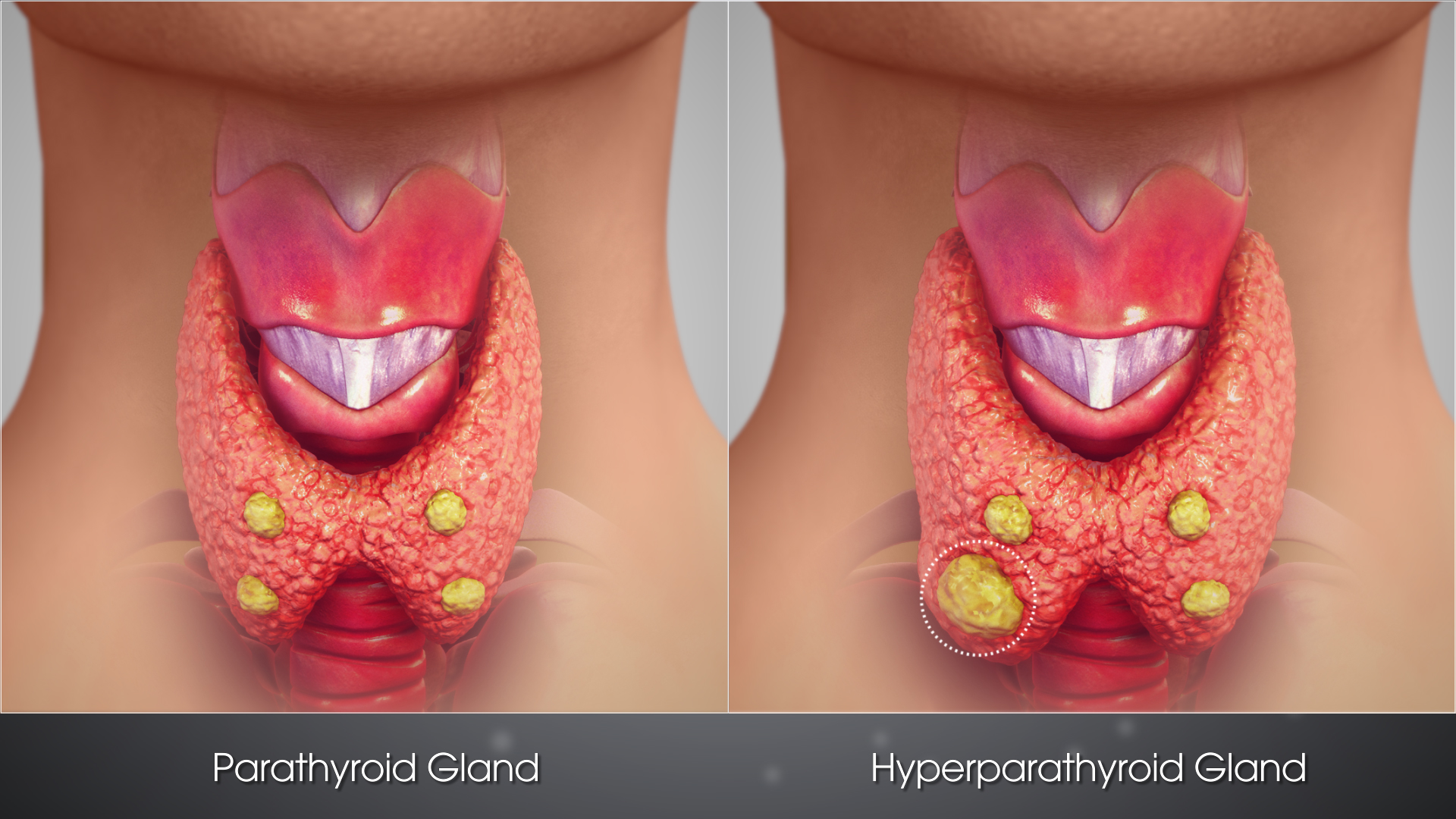
Contraindicated in Severe Kidney Disease
Corcium should not be used for patients, with kidney problems as it can lead to levels of calcium in the body and cause soft tissue calcification due to decreased calcium excretion, in the kidneys. It's advisable to explore treatment options with a doctor's supervision.
Avoiding Use with Certain Medications or Conditions
It's best to steer off calcium supplements or be cautious when taking them alongside medications like; Thiazide diuretics are known to increase the levels of calcium, in the bloodstream. Digoxin might lead to increased toxicity in the presence of calcium. Certain health conditions such, as sarcoidosis or specific types of cancer should be thoroughly examined before starting Corcium treatment.
Calcium in Urine
Consumption of calcium can result in hypercalciuria. Elevated levels of calcium, in the urine. Which raises the chances of developing kidney stones (nephrolithiasis). It is advisable to stay well hydrated and undergo renal function tests to reduce this risk.

Administration in Special Populations
Administration to Elderly
As people age they may struggle with absorbing and metabolizing nutrients efficiently making it important to carefully consider how Corcium is administered to individuals to balance effectiveness and safety concerns.
Importance of Adjusted Dosage in Older Adults
As people get older their bodies absorb calcium differently which means they may need personalized dosages of calcium supplements, for health benefits. The usual recommended intake of calcium is between 1200 to 1500 mg. This can vary based on factors, like diet and existing health conditions. Adjustments to calcium doses are important to prevent both deficiencies and overconsumption risks.
Monitoring for Kidney Function and Drug Accumulation
As people grow older their kidneys may not filter effectively leading to worries, about much calcium building up and the risk of high calcium levels in the body known as hypercalcemia. It is important to check kidney function and monitor calcium levels in the blood to avoid issues like kidney stones or hardening of tissues due, to calcium accumulation.
Administration to Pregnant Women and Nursing Mothers
During pregnancy and breastfeeding periods there is a need, for calcium, in the body's requirements. It is beneficial to use Corcium as it offers an efficient solution to fulfill these needs for the well-being of both the mother and the baby.
Safety of Corcium During Pregnancy
Corcium is considered safe to use while long as you follow the recommended doses as it helps in the development of the baby's bones and prevents bone loss in the mother also lowering the chances of gestational hypertension and preeclampsia with sufficient calcium intake.
Impact on Breast Milk Composition
Corcium is helpful, for nursing mothers as it helps in keeping calcium levels adequate for maintaining the quality of breast milk composition which's crucial, for providing nutrients to the baby for healthy growth and development while also looking after the well being of the mother.

Administration to Children
During periods of growth, in children's bodies and teeth development phases demand a supply of calcium intake to meet their requirements effectively; Corcium is essential, in fulfilling these demands.
Role of Corcium in Growth and Development
Calcium plays a role, in the growth and strength of bones well as the health of teeth and muscles in young people, by aiding bone elongation and mineralization processes effectively.
Pediatric Dosage Adjustments
Dosages, for children, need to be adjusted according to their age and weight with recommendations in place, for reference;
- Toddlers and preschoolers typically take, between 500 to 800 milligrams, per day as a recommended dosage.
- School-aged children and adolescents typically consume between 1000 to 1300 milligrams, per day of the recommended dosage.
Breaking up the doses into portions. Taking them more frequently can improve how well your body absorbs the medication and how consistently you follow the prescribed regimen.
Important Precautions
Monitoring Serum Calcium Levels
It's really important to keep an eye, on the levels of calcium in your blood to make sure the treatment is working well and doesn't cause any side effects especially if you have existing conditions, like chronic kidney disease or hyperparathyroidism.
Avoiding Overuse to Prevent Hypercalcemia
Taking calcium through supplements can cause hypercalcemia—a condition, with symptoms like tiredness and heart rhythm issues as well, as kidney problems. It's important to stick to the recommended doses and steer clear of supplements to lower the risk.
Ensuring Adequate Hydration During Use
Ensuring you stay properly hydrated is key when taking calcium supplements to prevent the development of kidney stones made of calcium and to support the function of your kidneys while supplementing safely and effectively.
Handling Precautions
Proper Storage Guidelines
To uphold the quality of Corcium product integrity is essential, by following storage procedures; store it in its container tightly sealed to avoid contamination and keep the storage area clean and dry to prevent dust and foreign particles from affecting it.
Avoiding Moisture and Extreme Temperatures
Moisture exposure can reduce the effectiveness of Corcium by causing it to clump or break down chemically over time; likewise extreme temperatures. Whether too cold. Can diminish the potency of this supplement significantly. It's best to store Corcium in a consistent environment with temperatures ideally ranging from 20 to 25 degrees Celsius (68 to 77 degrees Fahrenheit) and keep it away, from sunlight.
Safe Disposal of Expired Products
Never use Corcium that has expired since it could lose its healing qualities and potentially endanger your health safety concerns must be taken when discarding expired or unused supplements to ensure disposal.
- Please check with your pharmacy, for guidance, on disposal methods.
- Remember to dispose of responsibly and avoid flushing or throwing it away in household trash bins.
- Remember to store the item in a bag before throwing it to avoid any accidental consumption, by animals or kids.
Storage Information
Optimal Storage Conditions for Corcium
It's best to keep Corcium in a controlled space to maintain its quality intact. It's recommended to store it in a dry place, with contact, humidity or temperature changes. Steer clear of keeping the supplement in bathrooms or kitchen cupboards near stoves as these spots tend to be humid and warm.
Shelf Life and Expiry Guidelines
Corcium usually has an indicated expiry date that you should follow to make sure the active ingredients remain effective and safe to use as intended according to the instructions, on the package.
Importance of Keeping Out of Reach of Children
Calcium should be stored in a place that children cannot reach to avoid them accidentally swallowing it. It is recommended to use containers that are child-resistant, for safety measures as well, as educating family members about the correct usage and potential dangers of supplements which helps lower the chances of accidents happening.
Overdosage of Corcium
Signs and Symptoms of Calcium Overdose
Overconsumption of Corcium may lead to hypercalcemia. A condition marked by levels of calcium, in the bloodstream that can cause symptoms if taken excessively such as;
- Feeling sick.
- Throwing up.
- Feeling lacking strength, in muscles.
- An irregular heartbeat and Sensations of fluttering in the chest.
Emergency Management and Treatment Guidelines
In case there is suspicion of having taken calcium intake it is important to seek prompt medical help as emergency measures might be necessary such, as the supplement will no longer be available, for purchase. Administering fluids, through an IV to help the kidneys eliminate calcium, from the body. Administering medications, like bisphosphonates or calcitonin to reduce calcium levels. Regularly checking the levels of calcium, in the blood to determine how to continue with treatment plans. Ensuring treatment helps prevent complications and protects the persons well being.
Careful Administration
Use in Patients with Pre-Existing Conditions
Using supplements such, as Corcium calls for care when dealing with individuals who have existing conditions like osteoporosis or chronic kidney disease or cardiovascular disorders before starting the supplements to ensure they are suitable, for them and to minimize any potential risks of negative effects.
Adjustments in Co-Morbid Conditions: Diabetes, Heart Disease, and Kidney Disorders
Individuals, with health conditions, require modifications, to their medication dosages and monitoring routines.
- Calcium supplements could affect how well your body responds to insulin and handles glucose in cases of diabetes. It's important to make sure the doses are adjusted properly to prevent any disruptions, in metabolism.
- Elevated calcium levels can lead to the hardening of arteries. Raise the chances of heart issues related to calcification. It is advisable to undergo evaluations to reduce the likelihood of such risks.
- When someone has issues, with their kidneys functioning and cannot excrete calcium efficiently it can lead to chances of having too much calcium, in the body and developing kidney stones as a result of it This requires careful monitoring and adjusting medication doses accordingly to manage the condition effectively.
Monitoring Blood Calcium and Vitamin D Levels
Regularly checking the levels of calcium and vitamin D, in the blood is crucial to administer Corcium medication. Having calcium or vitamin D can upset the balance of minerals in the body and cause issues, like high calcium levels or soft tissue calcification. Standard lab tests should cover;
- Detecting signs of imbalances through monitoring serum calcium levels is crucial.
- Measuring 25 hydroxyvitamin levels is commonly used to assess both vitamin levels and how well the body absorbs this essential nutrient.
- Markers, for function, are used to evaluate the kidneys’ capacity to manage surplus calcium levels.
Intervening promptly using these measures helps avoid issues and improves results, for individuals undergoing treatment, with Corcium.
Corcium, Calcium FAQ
- Is high calcium a sign of cancer?
- How to get rid of calcium deposits?
- Is calcium chloride safe?
- What level of calcium in blood indicates cancer?
- Does calcium cause constipation?
- What is the treatment for a high calcium score?
- How much calcium is too much?
- Can calcium cause constipation?
- How many neutrons does calcium have?
- What dissolves calcium deposits in the arteries?
- Are calcium salts soluble?
- Are calcium channel blockers safe?
- Are calcium and vitamin D the same?
- Are calcium channel blockers vasodilators?
- Are calcium supplements constipating?
- Can calcium be taken at night?
- Can calcium and iron be taken together?
- Can calcium and magnesium be taken together?
- How calcium works?
- How calcium is absorbed in the body?
- How calcium prevents preeclampsia?
- What calcium level is too high?
- What is calcium good for?
- When calcium ion binds to tropin?
- When calcium reacts with water?
- When should calcium be taken?
- Where is calcium absorbed?
- Which calcium is the best for bones?
- Will calcium cause constipation?
- Will calcium cause kidney stones?
- How much calcium per day?
- What foods have calcium?
- What does calcium do for the body?
- Is calcium a metal?
- How to get rid of calcium deposits?
- Is low calcium a sign of cancer?
- What dissolves calcium deposits in the body?
- What level of calcium in blood indicates cancer?
- How much calcium is too much?
- Does oat milk have calcium?
- How many protons does calcium have?
- How to get calcium without dairy?
- Can you take calcium and magnesium together?
- How many neutrons does calcium have?
- What is calcium chloride used for?
Is high calcium a sign of cancer?
Elevated levels of calcium, in the body (known as hypercalcemia) could indicate the presence of cancer. Types like lung cancer or breast cancer and even multiple myeloma. These specific cancers may lead to the release of calcium from bones into the blood or disrupt calcium control via hormones, like hormone related protein (PTHrp).
How to get rid of calcium deposits?
Sometimes calcium deposits can be eliminated or decreased using procedures, like injections or physical therapy or through surgery if necessary; natural remedies such as apple cider vinegar or magnesium supplements might offer relief as well. It's important to seek guidance, for proper handling of the condition.
Is calcium chloride safe?
When used correctly for industrial needs, like replenishing electrolytes or preserving food items as directed Calcium chloride is usually considered safe; nonetheless misuse or prolonged exposure might lead to irritation and negative outcomes.
What level of calcium in blood indicates cancer?
When the blood calcium level exceeds 12 mg/dL it could suggest malignancy related hypercalcemia; however these levels can differ based on health factors and diagnostic circumstances.
Does calcium cause constipation?
Taking calcium supplements can sometimes lead to constipation, in people because it affects the movement of the gut. Staying hydrated and consuming enough fiber could help reduce this issue.
What is the treatment for a high calcium score?
Managing a high calcium score typically involves making lifestyle adjustments and taking medications, like statins to address calcification issues while also managing associated conditions, like hypertension or diabetes.
How much calcium is too much?
Typically adults should not consume than 2‚500 mg of calcium daily to avoid health issues, like kidney stones‚ heart problems‚ and reduced nutrient absorption.
Can calcium cause constipation?
Some individuals may experience constipation from taking calcium supplements, like calcium carbonate; however choosing calcium citrate could help alleviate this issue.
How many neutrons does calcium have?
In its form known as Calcium. 40 Calcium contains 20 neutrons making it the most common type of calcium found.
What dissolves calcium deposits in the arteries?
Managing calcium build up, in arteries involves making lifestyle modifications and possibly using medications such as statins as, per research studies and medical advice provided by healthcare professionals.
Are calcium salts soluble?
The solubility of calcium salts differs. For instance calcium chloride dissolves readily in water while calcium carbonate only dissolves to an extent unless the environment is acidic.
Are calcium channel blockers safe?
Calcium channel blockers are typically considered safe when prescribed and monitored for health issues such, as blood pressure and chest pain (angina). Some possible adverse effects to watch for include dizziness, swollen limbs (edema) and headaches.
Are calcium and vitamin D the same?
Calcium is crucial, for keeping your bones healthy and strong; on the hand vitamin D acts like a hormone. Helps with absorbing calcium in the digestive system.
Are calcium channel blockers vasodilators?
Calcium channel blockers act as vasodilators by helping to relax the walls of blood vessels which in turn lowers blood pressure and enhances the circulation of blood in the body.
Are calcium supplements constipating?
Calcium supplements might cause constipation, for some people; this is particularly true for calcium carbonate specifically Switching to calcium citrate or adjusting your intake by incorporating dietary sources could alleviate this issue.
Can calcium be taken at night?
It is possible to consume calcium in the evening; however it is effectively absorbed when taken alongside a meal. Distributing doses throughout the day may also enhance absorption rates.
Can calcium and iron be taken together?
Ideally calcium and iron should be taken at times to ensure that they are absorbed effectively as they compete for absorption, in the body.
Can calcium and magnesium be taken together?
It's safe to take calcium and magnesium since they work well together to promote bones and muscle health.
How calcium works?
Calcium is essential, for maintaining bones and muscles well as for nerve communication and blood clotting functions due to its role as a crucial signaling ion, within the body.
How calcium is absorbed in the body?
Calcium gets taken in by the intestine in the duodenum with the aid of vitamin D that boosts active transport and passive diffusion.
How calcium prevents preeclampsia?
Taking calcium during pregnancy can decrease the chances of developing preeclampsia by helping to lower blood pressure and enhance function.
What calcium level is too high?
Having a serum calcium level exceeding 10. 50 Mg, per deciliter is categorized as high. Could signal hypercalcemia prompting a need, for assessment.
What is calcium good for?
Maintaining bones and teeth requires an intake of calcium to support muscle function and nerve signaling while also aiding in blood clotting processes.
When calcium ion binds to tropin?
During muscle contraction process, in the body calcium ions attach to troponin which results in a change in shape allowing the interaction, between actin and myosin to take place.
When calcium reacts with water?
When calcium comes into contact, with water it creates calcium hydroxide. Releases hydrogen gas, with a level of activity.
When should calcium be taken?
Taking calcium, with meals is recommended to improve absorption rates; this is particularly important when using calcium carbonate.
Where is calcium absorbed?
Calcium gets absorbed in the intestine in the duodenum with the help of vitamin D.
Which calcium is the best for bones?
Calcium citrate is often regarded as a choice, for maintaining bones because it is easily absorbed by the body and has high bioavailability.
Will calcium cause constipation?
Calcium supplements may lead to constipation, in people.
Will calcium cause kidney stones?
Overconsumption of calcium supplements has the potential to lead to the development of kidney stones, in individuals who're prone, to conditions.
How much calcium per day?
Adults are typically advised to consume between 1,o00 and 1,o20 milligrams of calcium, per day based on their age and gender.
What foods have calcium?
Some examples of calcium foods are dairy items, like milk and cheese well as green vegetables such as spinach and fortified plant based alternatives like almond milk along with seafood, like sardines.
What does calcium do for the body?
Ensuring that you have bones and muscles well as proper nerve function and blood clotting requires an adequate intake of calcium.
Is calcium a metal?
Calcium is classified as an alkaline earth metal. Is represented by the symbol Ca.
How to get rid of calcium deposits?
Treatment, for calcium deposits may involve procedures or dietary adjustments well as the use of supplements such, as magnesium to address the issue effectively.
Is low calcium a sign of cancer?
Sometimes when calcium levels are low which is known as hypocalcemia it could be a sign of cancer especially if theres an issue, with the glands or if cancer has spread to the bones.
What dissolves calcium deposits in the body?
Calcium build ups might be able to break down through interventions or changes, in diet; however it's crucial to seek expert assessment, for finding remedies.
What level of calcium in blood indicates cancer?
An elevated blood calcium level exceeding 12 mg/dL is frequently linked to cancer. May require diagnostic exploration.
How much calcium is too much?
Ingesting, over 2500mg of calcium each day is viewed as much. Could pose health dangers.
Does oat milk have calcium?
A lot of oat milk varieties come with added calcium which usually offers a level, to that found in dairy milk brands.
How many protons does calcium have?
Calcium contains 20 protons in its structure.
How to get calcium without dairy?
Calcium can also be found in leaf vegetables such, as spinach and kale almonds, tofu, fortified plant based milks, and chia seeds. Not, in dairy products.
Can you take calcium and magnesium together?
How many neutrons does calcium have?
Calciums common isotope contains 20 neutrons. Is known as Calcium 40.
What is calcium chloride used for?
Calcium chloride is commonly utilized in settings, for replenishing electrolytes and in the food industry for preservation purposes well as, for deicing and various industrial applications.
















